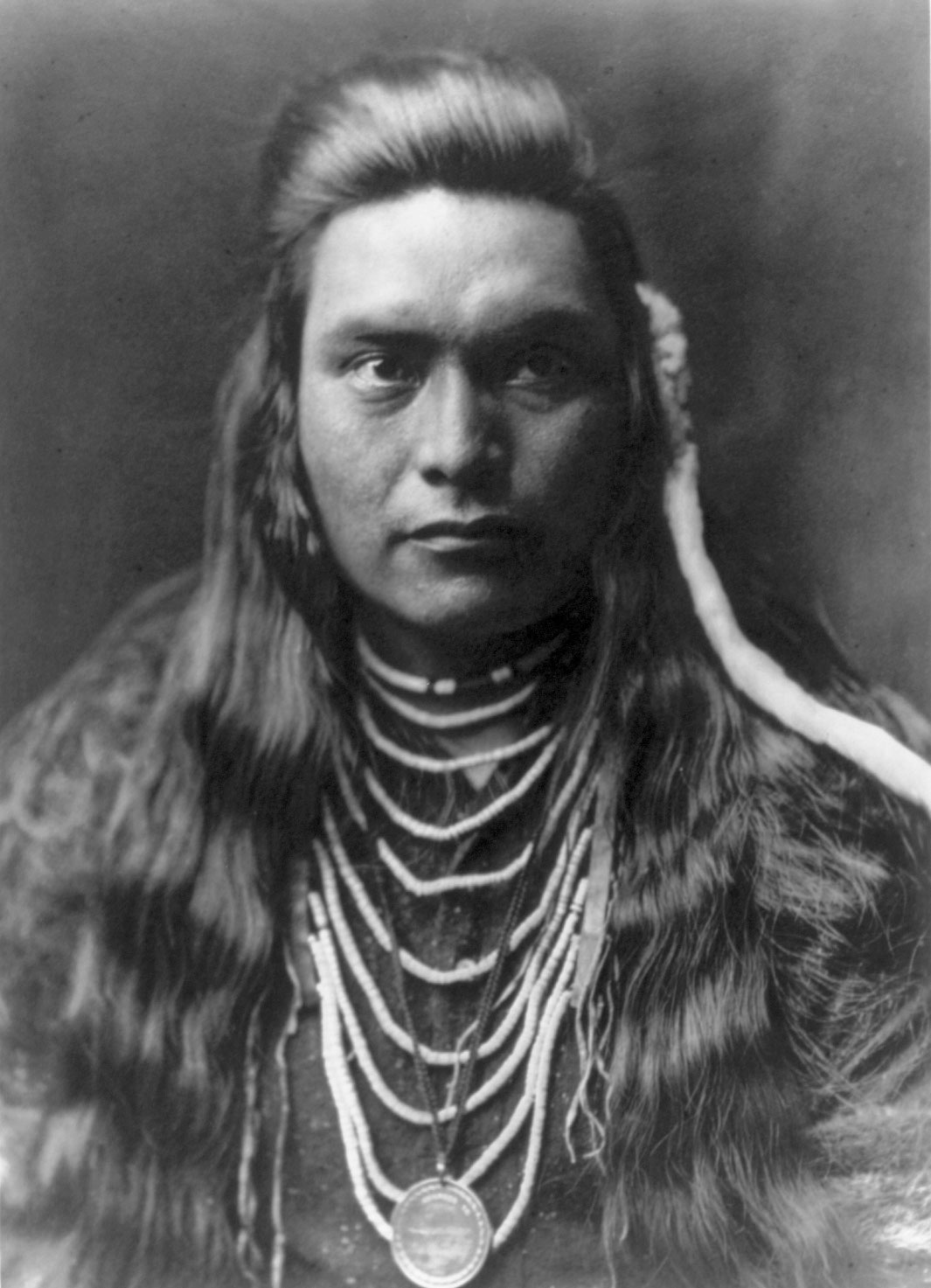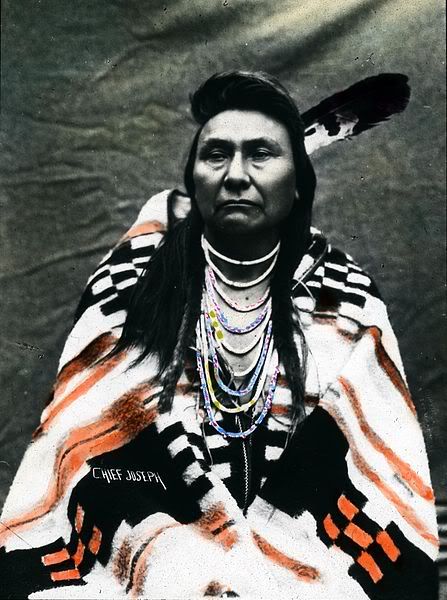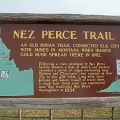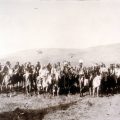While the Constitution of the United States and the Supreme Court recognize Indian tribes as sovereign nations, this has been frequently ignored by Indian agents. Ignoring the fact that Indian nations had their own laws which had been developed over centuries of experience, Indian agents frequently imposed their own laws, based on their concepts of Christianity and European feudalism.
In 1842, Oregon Country—an area that included all of present-day Washington, Oregon, Idaho, British Columbia, and western Montana—was jointly administered by the United States and the United Kingdom. At this time, the United States had negotiated no treaties with the Indian nations in this territory.
Elijah White, described by historians as “a scheming man” and “a flimflammer”, was appointed as sub-agent for Indian affairs. White was a physician and a Methodist missionary who had helped to establish the Methodist mission in Oregon’s Willamette Valley.
One of White’s first actions was to hold a council with the Nez Perce in Lapwai, Idaho. Unconcerned with the fact the Nez Perce were a sovereign nation and that the United States had not established any jurisdiction over them, he imposed on them a set of “laws” under which they were to live:
1. Whoever willfully takes life shall be hung.
2. Whoever burns a dwelling house shall be hung.
3. Whoever burns an outbuilding shall be imprisoned six months, receive fifty lashes, and pay all damages.
4. Whoever carelessly burns a house or any property, shall pay damages.
5. If anyone enter a dwelling, without permission of the occupant, the chiefs shall punish him as they think proper.
6. If any one steal he shall pay back two fold; and if it be the value of a beaver skin or less, he shall receive twenty-five lashes; and if the value is over a beaver skin he shall pay back two-fold, and receive fifty lashes.
7. If any one take a horse, and ride it, without permission, or take any article, and use it, without liberty, he shall pay for the use of it, and receive from twenty to fifty lashes, as the chief shall direct.
8. If any one enter a field, and injure the crops, or throw down the fence, so that cattle or horses go in and do damage, he shall pay all damages, and receive twenty-five lashes for every offence.
9. Those only may keep dogs who travel or live among the game; if a dog kill a lamb, calf, or any domestic animal, the owner shall pay the damage, and kill the dog.
10. If an Indian raise a gun or other weapon against a white man, it shall be reported to the chiefs, and they shall punish him. If a white person do the same to an Indian, it shall be reported to Dr. White, and he shall redress it.
11. If an Indian break these laws, he shall be punished by his chiefs; if a white man break them, he shall be reported to the agent, and be punished at his instance .
In traditional Native American jurisprudence, the adjudication of a crime focused on healing and the restoration of social harmony, not on punishment. In addition, the idea of death by hanging was abhorrent. The Nez Perce Tribe summarizes the laws this way: “To put it mildly, this system of government was not one the tribe adopted easily or even willingly.”
In addition to the “laws”, White also ordered the Nez Perce to choose a single chief as high chief and to have all of the other chiefs subordinate to him. White ignored the fact that the Nez Perce were really more than 40 culturally affiliated but autonomous bands. Each of these bands had its own leadership and the idea of having a supreme chief was alien to them.
Ellis, a Christian who was both fluent and literate in English, was designated as the high chief. However, most of the Nez Perce did not regard him as having any more power than any other Nez Perce leader.

The following year, White called a council of the Nez Perce, Cayuse, and Walla Walla. The Indians were read the “laws” which had been earlier imposed on the Nez Perce. Walla Walla chief Peopeo Moxmox asked White: “Where are these laws from? Are they from God or from the earth? I would that you might say they were from God. But I think that they are from the earth, because, from what I know of white men, they did not honor these laws.”
After two days of discussion, the Cayuse accepted the laws and elected Tauitau as high chief. However, Tauitau was a Catholic and therefore unacceptable to the Methodist missionary. White then simply appointed Hezekiah as high chief.



Leave a Reply